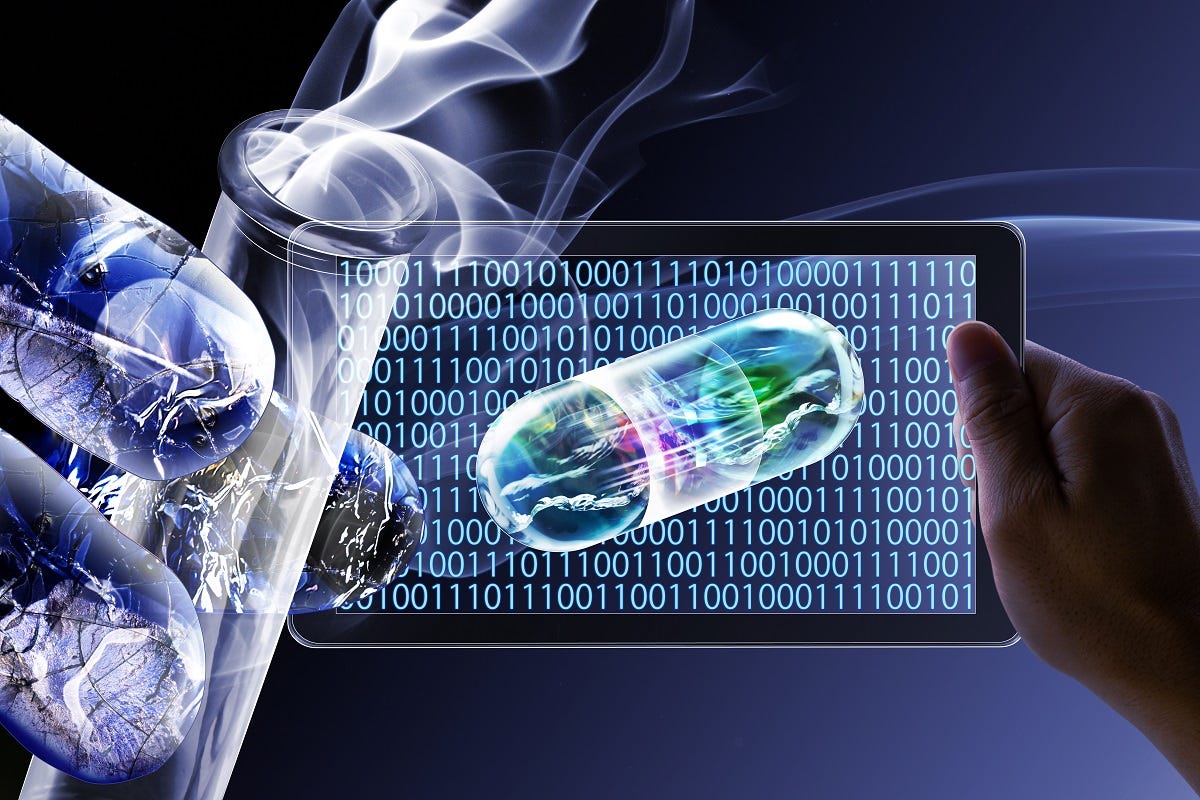Artificial intelligence systems are capable of remarkable feats, from diagnosing diseases to manipulating chemical reactions. However, these same systems can also be weaponized. In a recent experiment, an AI was trained to identify and design 40,000 potential bioweapon chemicals in just six hours.
The Verge says: “All the researchers had to do was tweak their methodology to seek out, rather than weed out toxicity. The AI came up with tens of thousands of new substances, some of which are similar to VX, the most potent nerve agent ever developed. Shaken, they published their findings in the journal Nature Machine Intelligence.
Pharmaceutical Malfeasance
It’s concerning that AI can tie pharmaceutical and biological research together through similar computational approaches. Pharmaceutical companies are not exactly the most ethical creatures, and the introduction of AI will likely exacerbate this tendency.
From a financial perspective, it's understandable why the AI technology to develop new drugs is so appealing. The old process can cost up to $2.5 billion and take over a decade. Yet now, as new medicines are sure to flood the market, the myriads of side effects and fatalities are sure to increase. Studies suggest that pharmaceutical drug overdoses are the third leading cause of death in the US. Despite these risks, there’s a continued attempt to manipulate public perception by emphasizing the benefits of medicinal treatments and cures, while downplaying potential dangers.
Dr. Marcia Angell, a former editor-in-chief for the New England Journal of Medicine, says that medical journals are filled with unreliable studies hopelessly tainted by drug industry interests. (“Drug Companies & Doctors: A Story of Corruption." The New York Review of Books, January 15, 2009)
We’re faced with a dichotomy: on one side, we witness behaviors that raise ethical questions; on the other, we’re encouraged to place our faith in scientific progress. Amid this manipulation, the prescription drug market is projected to reach a staggering $1.9 trillion by 2027. So it’s crucial not to be naive about the intentions of pharmaceutical companies. Their primary focus continues to be financial, rather than your well-being. They’ll even go as far as to commit crimes to protect this entrenched stance. (Source 1, Source 2)
Amidst the scramble for financial gain, a critical concern that might be overlooked is the heightened risk of exposing sensitive pharmaceutical data to cyberattacks. Malicious actors could exploit this technology to identify weaknesses in current medications or even reverse-engineer them. This can lead to the production of counterfeit or hazardous alternatives, posing significant threats to public health.
The Common Thread
There is a common thread to what has been discussed so far. Many say that AI is some sentient, malevolent being with a sinister side. But these machines are fed human input and do exactly what their programs tell them.
It’s human nature that’s the real problem—as it has been throughout history!
While AI offers promising tools for rapid drug development, it also raises concerns about the potential for misuse. The unchecked pursuit of profit within the pharmaceutical industry could lead to the overproduction of harmful medications without adequate oversight—a fact extremely detrimental to consumers.
Beneath its shiny exterior, AI is, ultimately, a tool—one that reflects the intentions and values of those who wield it. When human nature mixes with greed and profit, ethical considerations often take a backseat.
Your presence here is greatly valued. If you've found the content interesting and useful, please consider supporting it through a very cost-effective paid subscription. While all our resources are freely available, your subscription plays a vital role. It helps cover some operational costs and supports the continuation of this independent, unbiased research and journalism work. Please make full use of our free library.
If shy about commitments, feel free to leave a one-time tip!







